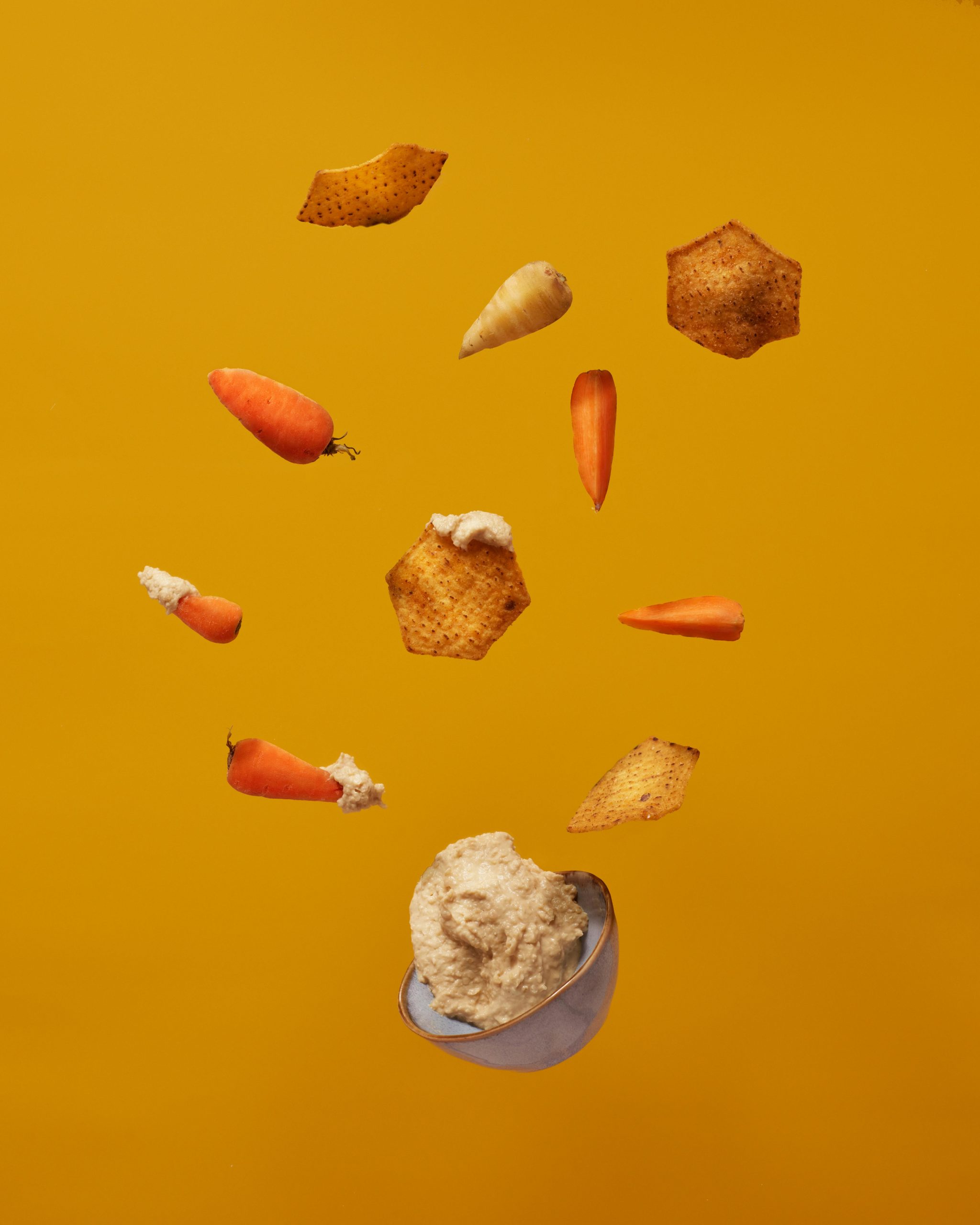The term “natural” on food labels carries significant weight with consumers. Many people seek healthier, less processed options when they shop. The word evokes images of whole ingredients and minimal intervention. However, the regulatory definition of “natural” is quite narrow. The FDA’s policy mainly means that no artificial ingredients were added. This allows many processed snacks to use the label.

Image Source: Pexels
This practice can potentially mislead shoppers looking for truly wholesome foods. Snacks labeled natural might still contain processed sweeteners or refined grains. Let’s look at six types of snacks often marketed as natural. We will examine their typical ingredients more closely. Understanding this helps make informed choices.
1. “Natural” Potato or Veggie Chips
Many chip brands highlight their “natural” status. This often means they lack artificial flavors, colors, or preservatives. While positive for some, the core product remains highly processed. These chips usually start with conventional produce or vegetable flours. They are typically fried in processed oils and heavily salted. The “natural” label doesn’t mean low sodium or truly unprocessed.
2. “Natural” Granola Bars
Granola bars frequently use “natural” branding, pointing to ingredients like rolled oats, nuts, or honey. However, the binding agents and sweeteners are often processed. Many contain significant amounts of added sugars, such as brown rice syrup or cane sugar. They can also include processed oils and other additives.
3. “Natural” Fruit Snacks
These kid-friendly snacks often emphasize being “made with real fruit.” Examining the ingredients usually reveals fruit juice concentrates. Added sugars like corn syrup are also common. The process removes the beneficial fiber found in whole fruit. While flavors might be naturally derived, the end product is essentially candy.
4. “Natural” Crackers

Image Source: Pexels
Cracker brands labeled “natural” might use unbleached flour. They may omit artificial preservatives. But the main ingredient is often still refined, enriched flour. This flour lacks the fiber of whole grains. These crackers also typically contain processed oils, sugars, and salt. “Natural” doesn’t guarantee whole grain content here.
5. “Natural” Microwave Popcorn
Plain popcorn kernels are a natural, whole-grain snack. Microwave popcorn labeled “natural” needs closer inspection, though. It frequently contains palm oil, which is high in saturated fat. It also usually has high levels of sodium. The listed “natural flavors” can encompass processed compounds. Air-popping plain kernels remains the most natural choice.
6. “Natural” Sodas or Flavored Waters
Beverages marketed as “natural” typically avoid artificial sweeteners and dyes. They might use cane sugar instead of corn syrup. However, this doesn’t mean they are healthy or low sugar. “Natural” sodas can still contain large amounts of sugar. Flavored waters might also have added sweeteners. Always check the nutrition label for sugar content.
Look Beyond the “Natural” Label
The “natural” label on snacks often serves as marketing. It is not a strict guarantee of healthfulness. Instead, it signals the absence of artificial additives generally. It doesn’t preclude processed oils, refined grains, or high sugar levels. Consumers seeking genuinely natural snacks should read ingredient lists.
Look for short lists with recognizable whole food components. Check the Nutrition Facts for added sugars and sodium. Make choices based on substance, not just labels. Prioritizing whole foods remains the best path. This ensures a truly natural and healthy diet.
Read More
7 Popular Cereal Brands Loaded With Sugar But Marketed as “Healthy”


